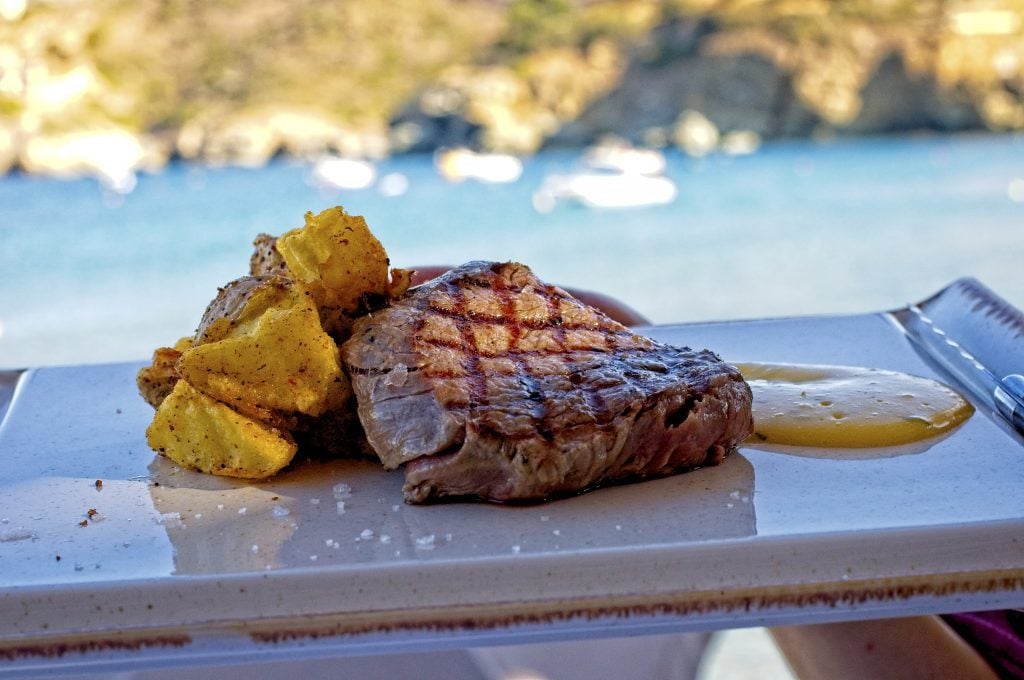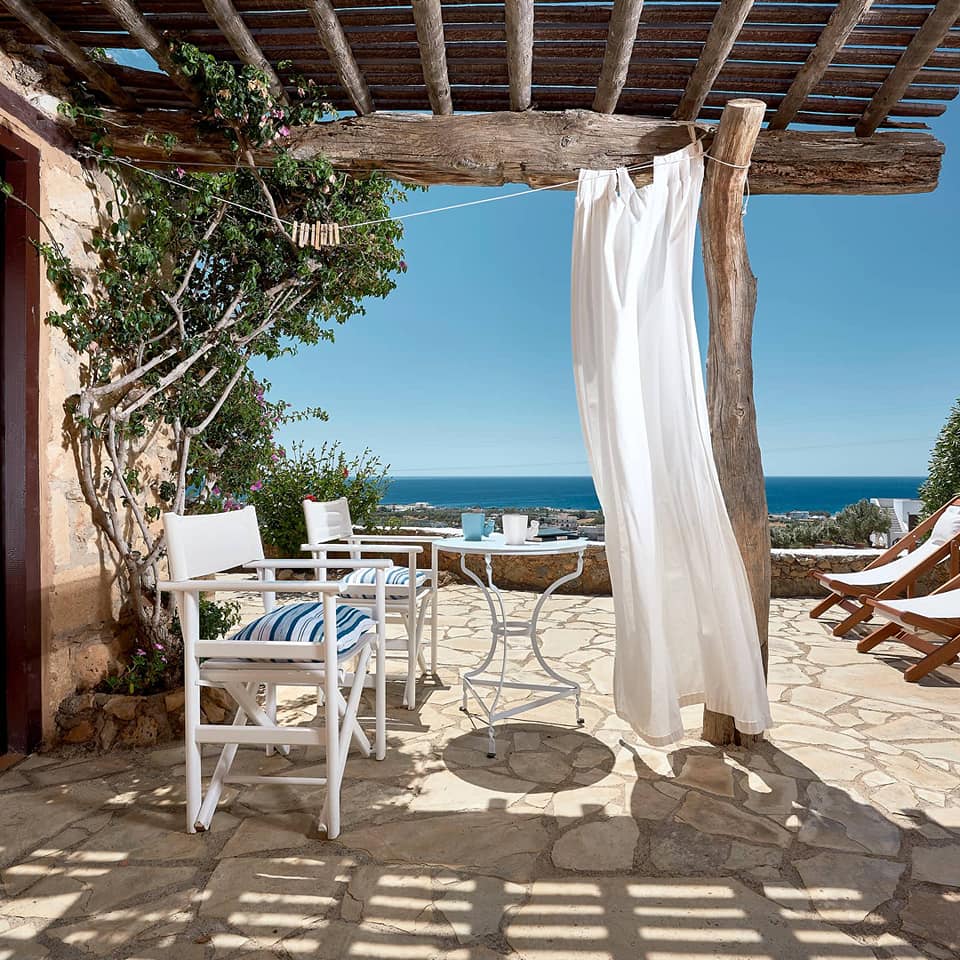The coronavirus is causing many paradigm shifts, not the least of which is the evolving trend toward remote working. Combined with the advent of technology, especially 5G, the digital transformation of business is spawning a generation of what some call “digital nomads,” or business people preferring remote working situations. Companies large and small are all aboard as well, for obvious reasons. Here’s a look at the nomad transformation. It's a migratory movement out of the traditional work/lifestyle space that agents, investors, and property owners need to take advantage of, rather than falling victim.

A recent report from Kenny Kane and the Forbes Real Estate council highlights companies like Apple and Deutsche Bank planning so-called hybrid in-office and at-home work policies coming this Fall. According to Kane, big companies reducing their real estate footprints and economizing do not necessarily mean commercial investors need to head for the hills. Kane points out the obvious, that “commercial real estate leaders have an opportunity to attract new tenants by investing in new paradigms of work.” And in this, you have you, investors out there, have part of your new marketing and advertising strategies for the future. Get ahead of the trend; others are already ahead of you. A report from MBO Partners last year offers much-needed insight and data here (PDF).

Beyond converting commercial space into homey environments and shared mobile workspaces, there are tremendous opportunities in the residential and even hospitality sectors. Take the raw numbers, for instance. The number of digital nomads in the U.S. alone has more than doubled over the past couple of years—from 4.8 million in 2018 to 10.9 million in 2020. Add to this 85% of business owners saying their business is more productive when people work remotely, and the proverbial writing is on the wall. What about that second home? Can that Airbnb you own be more profitable catering to remote workers? And what about resort apartments or even hotel efficiencies that could combine work and leisure to lure nomadic executives?
The big business trend and the unretiring Boomers movement will bolster luxury villa and home leases and rentals. For instance, here in Greece, owners of such properties prefer guaranteed revenue to situationally unstable seasonal businesses. However, if the pandemic proved anything, it’s that there’s no guarantee Aegean island vacation demand will always remain constant. With this situation in mind, I contacted Panos Karachalios, who’s a designer and entrepreneur who consults property, venue owners, and nomadic executives to help supply on-demand villas with infrastructure improvements and amenities like ergonomic chairs, video cams, mics, ultra-widescreen TVs, and monitors, desks, etc. He offered this take on how the Aegean lifestyle is so conducive to the digital nomad emerging culture:
“Greece is becoming a popular ”work tourism” destination for location-independent professionals looking to strike the perfect work-life balance. They envision having the ultimate zoom call background from white-stone terraces or superb huge pond-style waterfront infinity pools overlooking the Aegean Sea. And they dream that will be their office not for a day but life.”
In the image above left, you see Karachalios working from Naxos on his laptop. I see him all over Greece lately, speaking at events and assisting clients who want to start the lifestyle. In a way, his ideas mirror what prop-tech startup Blueground, which is doing in 15 cities around the world. Only the Greek entrepreneurs initiative goes a step farther to cater to a high-net-worth executive’s work-lifestyle character. He pointed out that a big focus of his new company will be to cultivate opportunities for influencers and digital creators. This is because these professionals are traditionally more mobile, so they are conceivably pioneers of the trend. The fact that Greece is one of the countries modifying its visa regime to attract digital nomads does not hurt the potential for new business either. Here on Crete Island, the governor announced a program to get world from anywhere people to move to the island several months ago. In my research for this story, it occurred to me to reach out to Ioanna Madala, who's the manager at the famous Koutsounari Traditional Cottages near Ierapetra. Knowing the place, I envisioned how perfect a staycation of nomad experience might be from these idyllic traditional houses. When I learned that the property already had digital nomads working from there, you can imagine my surprise. I asked Madala about the past and present staycationers and working nomads to which she replied:
"In the past, we've had many people come to have so-called staycations. More recently, the pandemic seems to have caused executives from central European countries especially, to look for more quiet and remote places like our traditional cottages. I think the trend will continue as more and more people realize the dream is possible."
The hospitality executive went on to say she believes Crete and other Greek islands are preferable digital nomad destinations because of their relative safety, security, and the friendliness of the locals. Crete is famous for something called Philoxenia, which basically means "love of strangers." And I must say it here, the crime rate on Crete is ridiculously low. In Ierapetra, where these cottages are, it is said that the locals consider it an insult to lock their doors. Here on Tripadvisor, the traveler's most trusted guide, the same is reflected.

Looking again at startups like Blueground, that business goes a step farther than services like WeWork. It is focused on turnkey corporate apartments, which may or may not take the best advantage of paradise work-play possibilities. Karachalios has the right idea in helping create the right circumstances and offer the right choices for nomads’ drive to work and play in paradise. While Athens, London, or Paris may be appealing for many, Crete island or even more remote islands in the Mediterranean are a vision worth conjuring. A few weeks ago in Croatia, Zagreb Digital Nomads held a five-day event 'Digital Nomad Week' where the Zagreb Tourist Board presented the advantages, opportunities, and possibilities of the Croatian capital for remote digital nomad work. In Mexico, a startup called Casai has melted hotel quality standards in with the comforts of an apartment to try and create the perfect staycation work experience for users. Maricarmen Herrerías , co-founder of Casai, explained for Entreprenuer:
“We have furnished apartments in the best locations, where we offer hotel quality. We merge the design, technology and comforts of a hotel with a local atmosphere. The design elements are made by local producers to promote the domestic market."
As I said, some people out there are already ahead of the curve. Ultimately, there are all kinds of fantastic opportunities out there for entrepreneurs to fill what is sure to be a gaping void in the supply of suitable work-life situations. Whether digital nomads envision a London townhouse and working from a Kensington High Street cafe, or for those who always dreamed of Fiji and want to post their timesheet from there, what was once fantasy at the office watercooler, is the reality for a growing number of people. The point for property owners and real estate investors is, a shift that might at first seem like a disaster, will be a boon for the smart cookie out there.
By the way, the feature image of this story is from my seaside workstation at Almyria Seaside Food & Cocktails on the amazing Agia Pelagia Bay outside Heraklion. We've been digital nomads since the onset of the web.